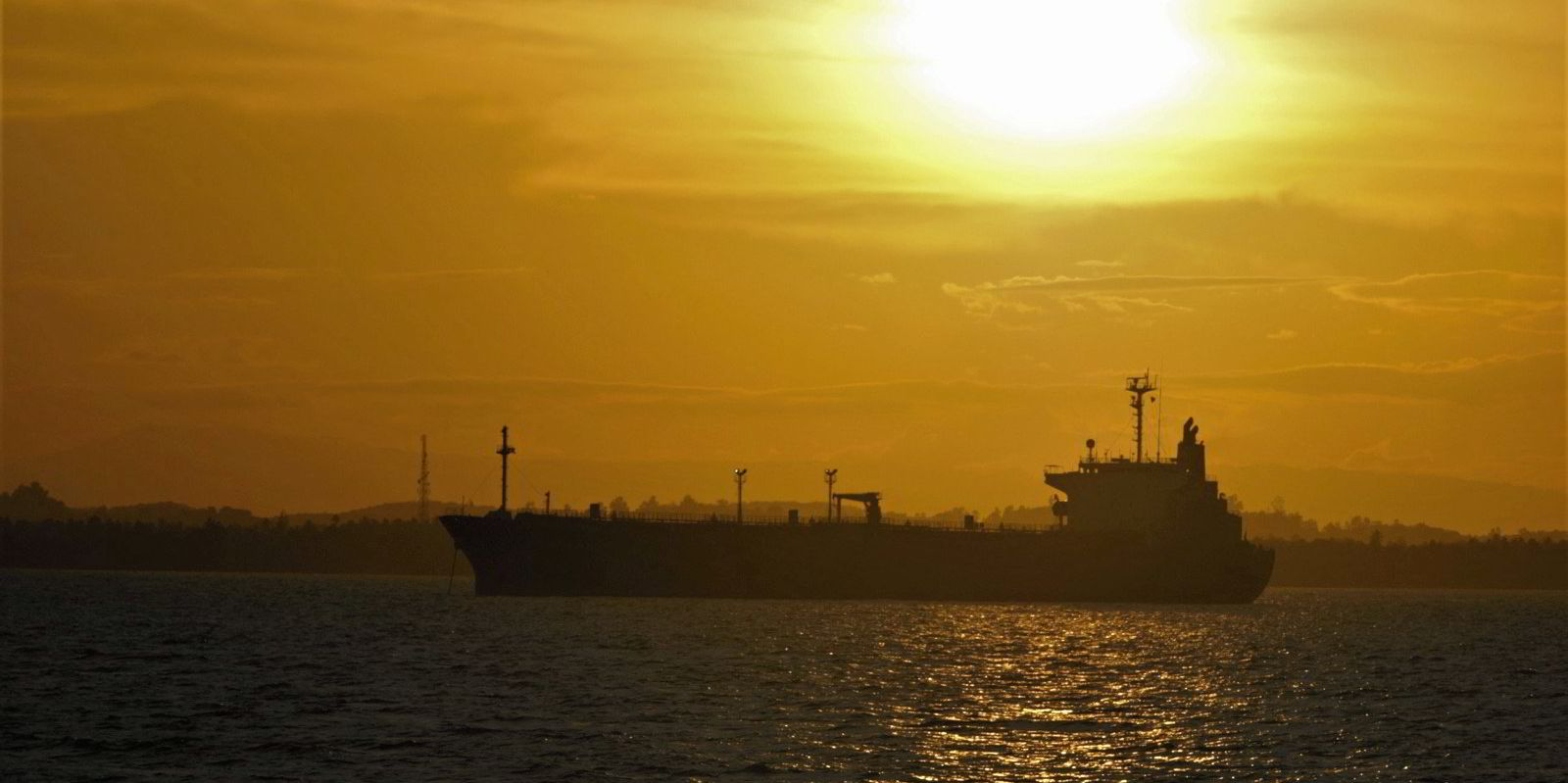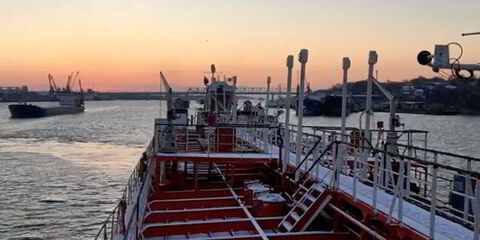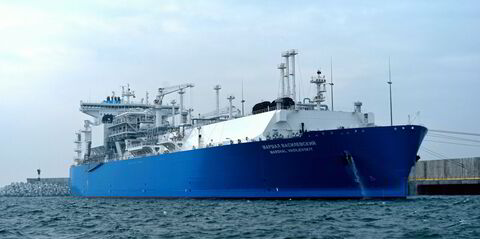The tanker sector has made a killing during 19 months of war in Ukraine. Fortunes have been made from the inflated secondhand tanker market, while millions have been harvested as Russian freight rates have gone through the roof.
Those who have avoided the Russian trade have benefited from increased tonne-miles, volatility and strong rates.
But at what cost? The process has seen hundreds of tankers move to the Russian “shadow fleet” as Western tonnage has moved out. The rising price of oil makes Russian sanctions-compliant trading impossible for European owners and insurers.
Those tankers that remain in the Russian trade are subject to less scrutiny, have opaque ownership structures and questionable insurance coverage. One broking source has attributed the narrowing of the price spread between low and high-sulphur marine fuels to a growing demand for the cheaper, dirtier oil from the shadow fleet, confident they will not be pulled up on environmental grounds.
So will there be a day of reckoning for the owners who have filled their boots? Or should they be applauded for boldly exploiting the contradictory rules imposed by squabbling Western nations that sought to limit Russian ambitions while keeping domestic pump prices in check?
Some Greek owners are said to have made more money during the war than previous generations of family firms made during their lifetimes.
The view robustly made by Richard Fulford-Smith at a Capital Link conference this week is that the regulators that administer sanctions need to act. But they can only do so if someone has breached the rules. And only if governments think it serves their broader geopolitical ambitions.
But the biggest problem is those rules.
While the US has the most established, well-funded and active sanctions programme, it was also the most queasy about the European Union’s ban on Russian imports and the impact that it would have on global oil supply.
The result was the oil price cap, a cobbled-together agreement that looks increasingly flawed as Russian oil export revenues return to pre-cap levels.
On the last day in late July that Urals crude loaded at the Baltic port of Primorsk at a price falling within the oil price cap, officials from the US Department of the Treasury met with traders’ representatives in Geneva.
The trading community stressed the “important role of the commodity trading in Switzerland for guaranteeing global supply security of commodities”.
The two sides explored the “security of Europe’s energy supply in the coming months”, said Suissenegoce in a statement, but has subsequently declined to go into further detail about what was discussed.
At the heart of the price cap scheme is the system of attestation documents — the papers required by insurers and shipowners to show that oil is being sold below the price cap.
If those papers are faked, a senior US official made clear in a discussion with the sector that enforcement teams would focus on the faker — the trader — and not the insurance and shipping industry that has relied on it. Demands by campaigners for an audit of the scheme have failed to make headway.
How enforcement plays out remains to be seen. Nobody in the shipping sector has paid a price for shipping oil above the price cap, or otherwise in contravention of sanctions rules.
Uncertainty remains
The regulators say any breaches — which they say have been limited — take time to investigate and prosecute, as last week’s Suez Rajan case shows.
Last week, the US government announced a $2.5m fine for Greek company Empire Navigation — the first criminal sanction of its kind, more than a decade after the law against the sanctions-busting transport of Iranian oil was introduced.
The long-term economic and reputational implications of the path that elements of the industry have taken remain to be seen. Regulation of a chunk of the global fleet has been weakened.
Accountability will be harder to enforce. But while uncertainty remains and the war continues, there will be money to be made.
Read more
- Suez Rajan cases raise questions over Iran’s crude dealings and US sanctions
- Gulf of Guinea piracy is weakened but still remains a threat, security provider warns
- Shipping must seize the day of Salman, Biden and Modi’s ‘big deal’ at G20
- ‘Greed knows no bounds’: Richard Fulford-Smith slams shipping over Russia deals
- ‘Aggressive’ Premuda proved right on tanker buys, Marco Fiori says
- One VLCC for delivery in a year? Heidmar’s Pankaj Khanna can’t remember that happening before





